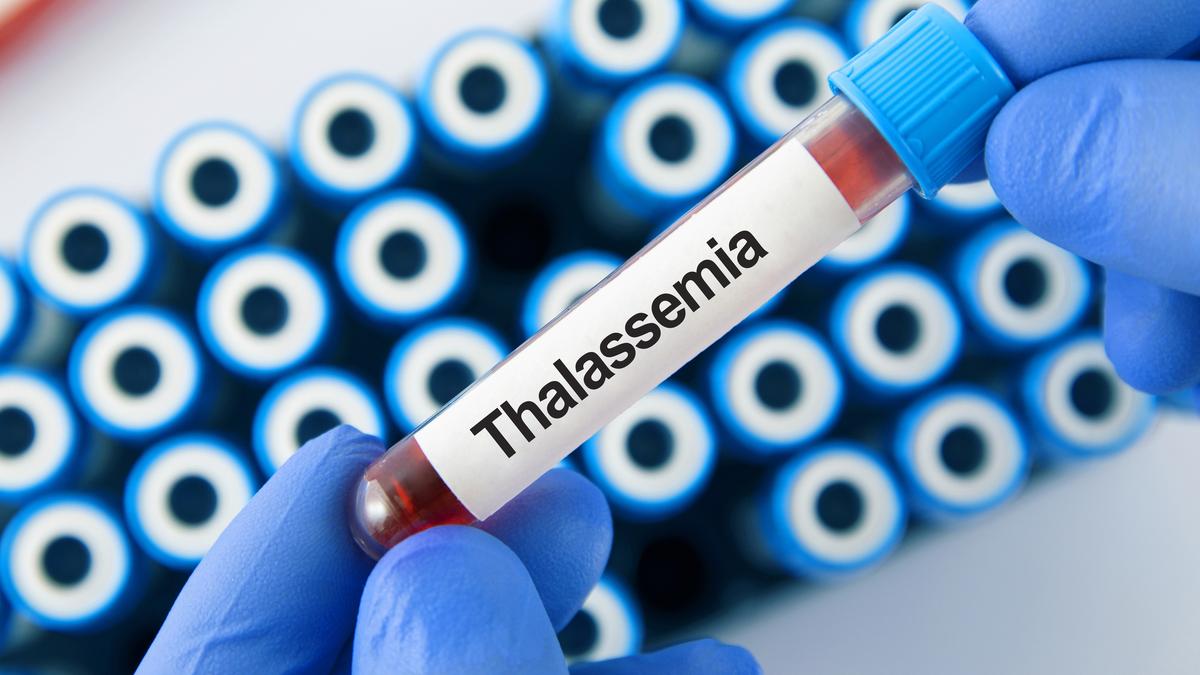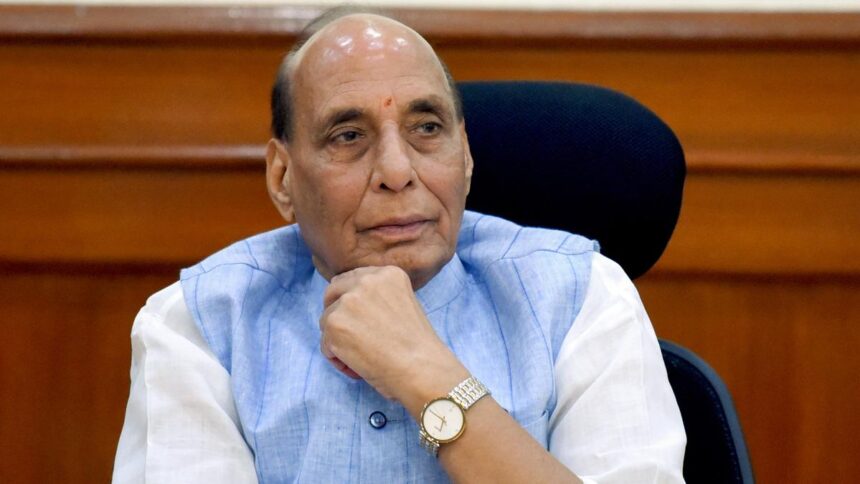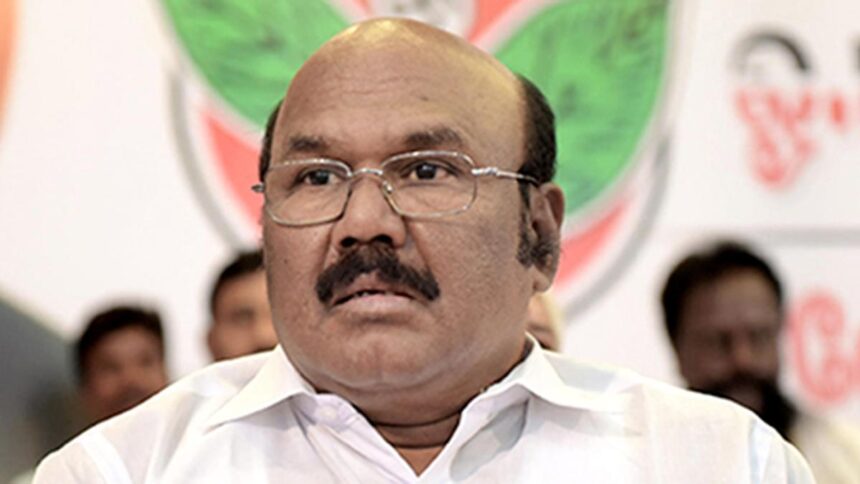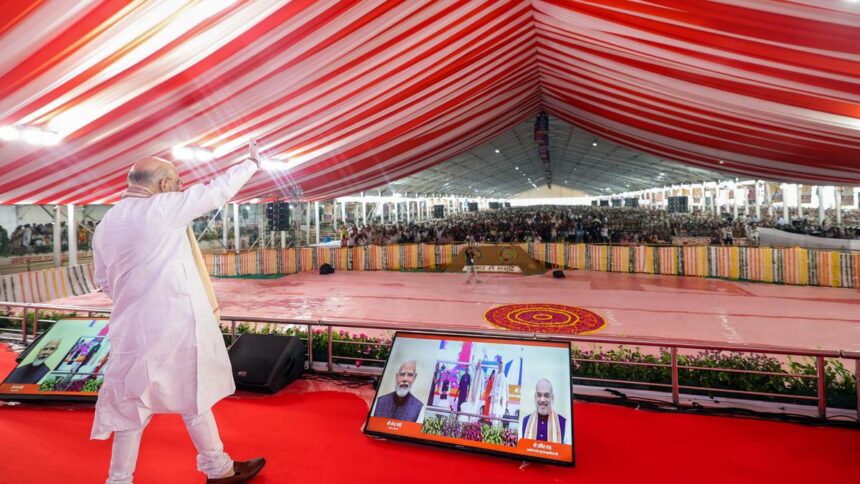
Representative image
| Photo Credit: Getty Images/iStockphoto
On Thursday (July 17, 2025), the Thalassemia Patients Advocacy Group (TPAG), along with legal and health experts, called for the need to strengthen blood safety practices across the country – particularly the need for a standardised test to screen blood donations – to reduce the risk of transfusion-transmitted infections.
Following the discussion, held at India International Centre in Delhi on Thursday (July 17, 2025), the group said they would be submitting their recommendations to stakeholders including state and central governments.

A 23-year-old Thalassemia patient from Kolkata, present during the discussion, shared her experience of contracting dengue and then testing positive for HIV, to which lack of blood screening could have contributed.
She said, “From the age of two, I have been taking blood transfusions. As a Thalassemia patient, I would require it every 21 days. When I was in Class 8, I contracted dengue and then tested positive with HIV. I don’t know for sure if I got it during the blood transfusion or not, but the testing has an important role to play.”
At present, Nucleic Acid Testing (NAT), a highly sensitive molecular technique used to screen blood donations for infectious diseases, is used in some hospitals. While it is treated as a gold standard, it is not mandatory across the country.
Tuhin A. Sinha, a BJP spokesperson present during the discussion vowed to the group that he would help them take the dialogue forward. Speaking about the importance of NAT testing, he said, “The Delhi government hospitals have been quick to ensure that it is in place. But one of the important steps should be to develop advocacy for implementing it across the country.”

He also suggested incentivising blood donations, saying, “The more people join the ecosystem, either by way of espousing the idea of donating blood, it will lead to the institutionalisation of systems where checks and balances can be implemented more aggressively.”
The discussion was moderated by Anubha Taneja Mukherjee, Member Secretary of TPAG, which is a network of over 10,000 thalassemia patients in the country. She said, “Based on today’s discussion, we will send recommendations to stakeholders including the government, and government agencies.”
The recommendations included standardised blood transfusion practises and a mandate for NAT, a national-level blood donation campaign involving influencers, mandatory thalassemia screening for pregnant women. She added that in an attempt to reduce dependence on blood transfusion, hospitals should also make available, novel therapies such as gene therapy.
During the discussion, P.C. Sen, a Supreme Court advocate, spoke about the legal and ethical responsibilities of the state and institutions to ensure pathogen-free blood as a constitutional right. Meanwhile, Professor N.K. Ganguly, former Director General of Indian Council of Medical Research (ICMR) suggested an approach that would also involve patients of other blood disorders such as sickle cell anaemia.
Published – July 17, 2025 11:27 pm IST




















